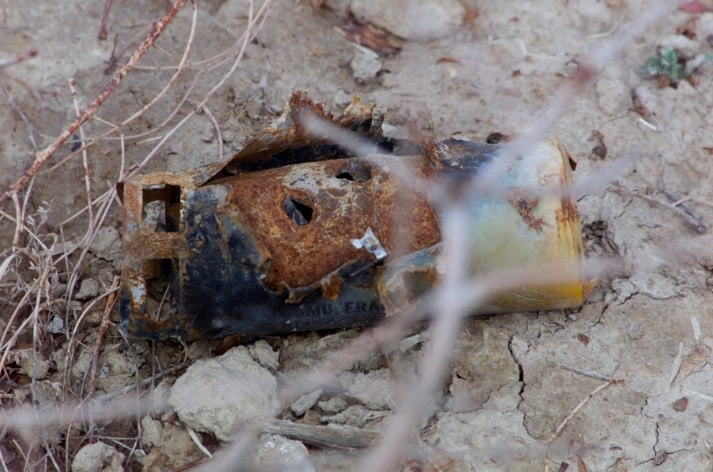President Biden explained why he made the “difficult decision” to provide Ukraine with cluster munitions in a new interview with CNN.
Biden approved sending the DPICM cluster munitions on Friday as part of a new military aid package to Ukraine as it wages its more than 16-month-long war against Russia’s invasion.
Cluster munitions, or cluster bombs, are canisters that carry tens to hundreds of smaller submunitions. They can be dropped from aircraft, launched from missiles or fired from artillery, naval guns or rocket launchers.
The munitions canister then breaks open at a specified height and the submunitions, or “bomblets,” spread out over an expanse of that area. They are timed to explode close to or on the ground, where they spread shrapnel.
When the munitions fail, unexploded “duds” can accidentally be detonated by civilians years or even decades later.
More than 120 countries have signed onto the Oslo Convention banning cluster munitions, though not the U.S., Ukraine or Russia.
During an interview to be aired on Sunday morning, Biden told CNN, “We’re in a situation where Ukraine continues to be brutally attacked across the board by these cluster munitions that have dud rates that are very, very high, that are a danger to civilians.”
U.S. assessments have found that Russia’s cluster munitions have dud rates between 30% and 40%.
“The Ukrainians are running out of ammunition,” Biden went on. “And so what I finally did, I took the recommendation of the Defense Department to—not permanently, but to allow for this transition period where we have more 155 [mm howitzer] shells for the Ukrainians, to provide them with something that has a very low dud rate.”
The Pentagon says that new assessments, based on testing as recent as 2020, show dud rates of 2.35% or less in U.S. cluster munitions.
That’s still above the 1% dud rate approved by Congress in 2017, but Pentagon spokesperson Brig. Gen. Patrick Ryder said Thursday that officials are “carefully selecting” munitions with a 2.35% failure rate or below to send to Ukraine.
“And it’s not used in civilian areas,” Biden insisted during the CNN interview. “They’re trying to get through those trenches and stop those tanks from rolling.”
“And by the way, I discussed this with our allies, I discussed this with our friends up on the Hill,” Biden added, referring to Congressional lawmakers.
Cluster munitions can kill, but they also target heavy artillery, like tanks. The hope is that the cluster bombs will jump-start Ukraine’s counteroffensive, which has been struggling to make major gains over the past several weeks.
“It took me a while to be convinced” to approve the cluster munitions package, Biden said, “but the main thing is, they have the weapons to stop the Russians now, to keep [Russia] from stopping the Ukrainian offensive…and I think they needed them.”
PHOTO: BLU-97 cluster bomb fragment found near Kandahar Air Base, Afghanistan, Feb. 2002


